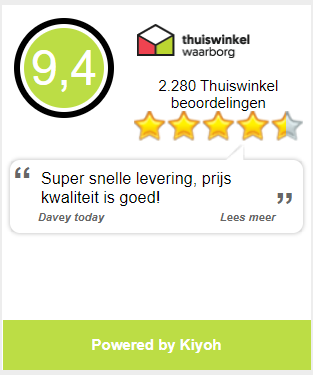Non-vacuumable Nutrients
Have you ever wondered if there are foods that should not be vacuum sealed? There are many foods that you can vacuum seal to keep them fresh for longer, but unfortunately there are also some that should not be vacuum sealed. Some foods contain anaerobic bacteria, which can grow without the presence of air. In a vacuum-sealed bag, with less oxygen, these bacteria will grow and pose a risk to your health.
Do not vacuum seal:
- raw mushrooms *
- garlic
- raw onion
- soft cheeses (blue cheese, brie, camembert, ricotta and other soft and unpasteurized cheeses)
- freshly boiled or steamed vegetables (vacuum sealing is only possible when they are at room temperature)
* Mushrooms spoil more quickly if they are vacuum sealed. Mushrooms have a ripening cycle similar to that of fruit; as a result, raw mushrooms ripen faster when vacuum sealed, and therefore rot faster
In addition, many common vegetables release gas when stored. If these vegetables - from the Cruciferae or Brassicaceae family - are stored in a vacuum bag, this gas will cause them to spoil. To store these vegetables properly, they must be blanched, dried, then vacuum sealed and frozen.
Blanch first:
- arugula
- bokchoy
- Broccoli
- brussels sprouts
- cabbage
- Cauliflower
- Kale
- radishes
- turnips
We hope this brief guide has helped you identify the few things that should not be vacuum sealed. You can use your vacuum sealer to safely store bread, meat, vegetables, potatoes and much more. Most foods can be vacuum sealed to extend their lifespan while saving you money and time!



